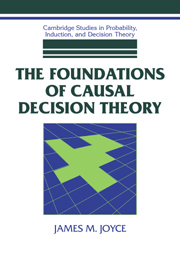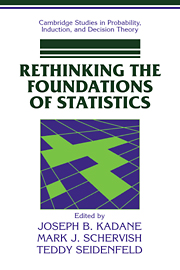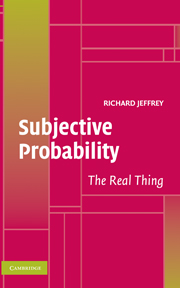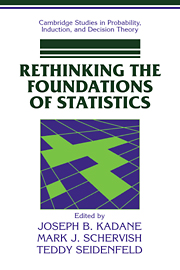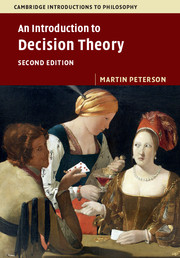The Foundations of Causal Decision Theory
This book defends the view that any adequate account of rational decision making must take a decision maker's beliefs about causal relations into account. The early chapters of the book introduce the nonspecialist to the rudiments of expected utility theory. The major technical advance offered by the book is a "representation theorem" that shows that both causal decision theory and its main rival, Richard Jeffrey's logic of decision, are both instances of a more general conditional decision theory. In providing the most complete and robust defense of causal decision theory the book will be of interest to a broad range of readers in philosophy, economics, psychology, mathematics, and artificial intelligence.
- Most complete account of causal decision theory
- Very clear exposition and presentation of technical material
- Will interest economists, mathematicians and psychologists as well as philosophers
Reviews & endorsements
"The author writes in a style that is on the one hand entertaining and lighthearted and on the other hand highly technical in its analysis of axiomatic foundations. Readers who are interested in theoretical, prescriptive decision making from a philosophical perspective will find this a valuable book." Journal of Mathematical Psychology
"This book makes a significant contribution to the standard decision theory." Chrisw Swoyer Univ. of Oklahoma
Product details
May 2008Paperback
9780521063562
284 pages
228 × 152 × 17 mm
0.441kg
Available
Table of Contents
- Preface
- Introduction: a chance to reconsider
- 1. Prudential rationality as expected utility maximization
- 2. Decision problems
- 3. Savage's theory
- 4. Evidential decision theory
- 5. Causal decision theory
- 6. A general theory of conditional beliefs
- 7. A representation theorem for causal decision theory
- 8. Where things stand
- Notes
- References.

